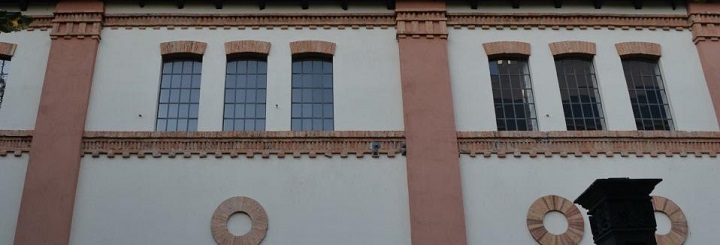
https://summeruniversity.ceu.
Following the profound changes in Central & Eastern Europe in the last 30 years, the region has a legacy of many industrial sites and buildings. Through this course, you will learn how an industrial site can be converted from a problematic legacy into a social and economic resource. The multidisciplinary faculty includes practitioners and academics, featuring researchers, policy experts, spatial planners, managers, cultural actors, and artists. Based on their personal experience, they will present model projects such as ExRotaprint in Berlin. The course offers a unique opportunity to discuss your own project and ideas with the top-level experts in the field.
The course will focus on the potential of industrial heritage to be a transformative influence in the post-industrial regions. It aims to bridge an industrial past, through a deindustrialized present, towards an economically and socially sustainable future. It is based on the recognition that there is a gap between heritage specialist focusing on heritage assets on one side, and policymakers and developers focusing on social and economic development on the other. The way to bridge this gap is using heritage as a resource for development, which, at the same time, secures the sustainability of heritage. Heritage is considered as a lever of economic growth and social renewal in post-industrial landscapes.
The course will look at tangible and intangible heritage – landscapes, buildings, industrial equipment and artefacts, practices, knowledge, and social structures – linked to industrial areas. It will address the question of how cultural heritage can change the cultural identity of a region promoting an optimistic future.
Both postgraduate students and practitioners can apply.
First application deadline: February 14, 2020.

